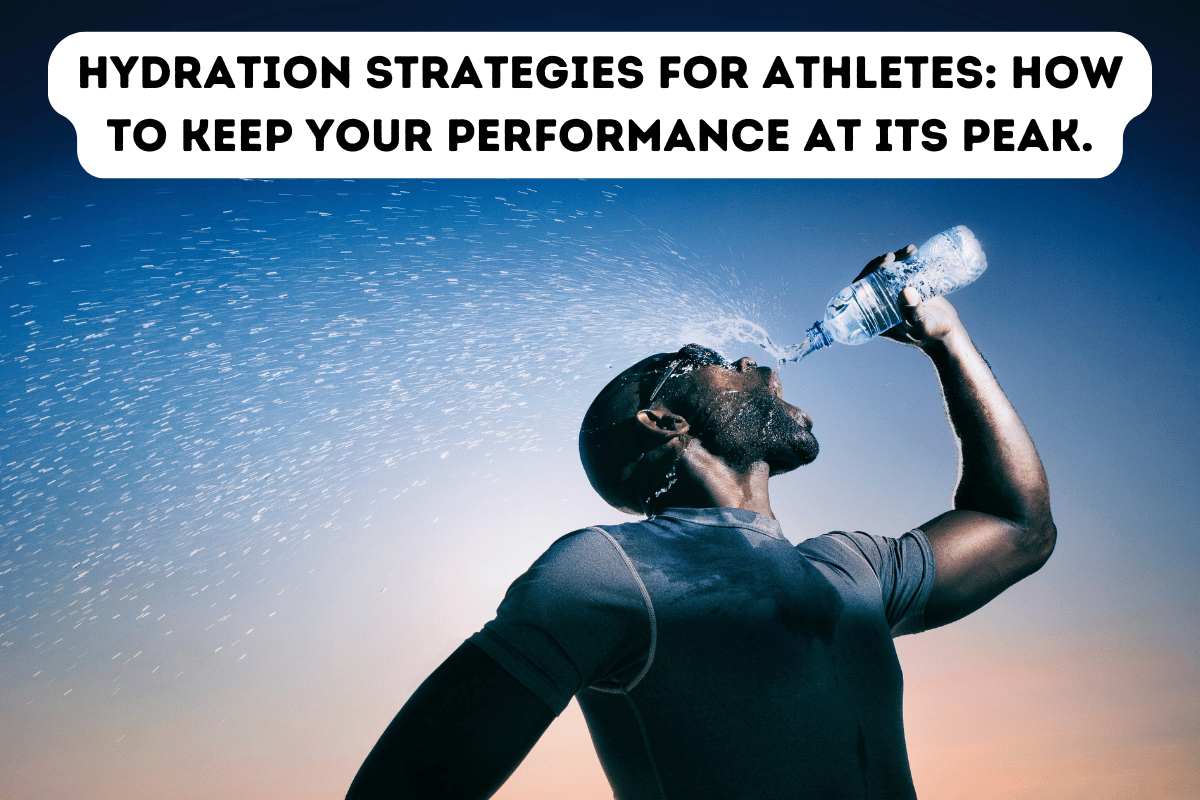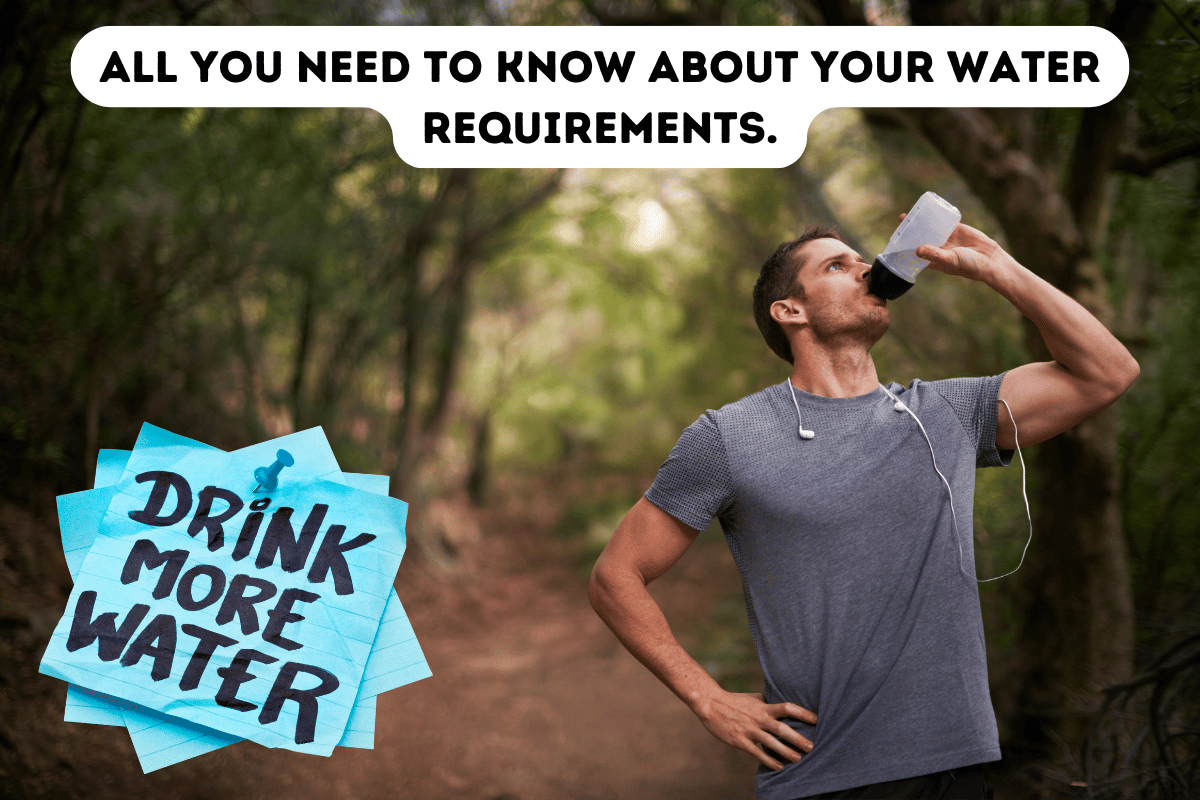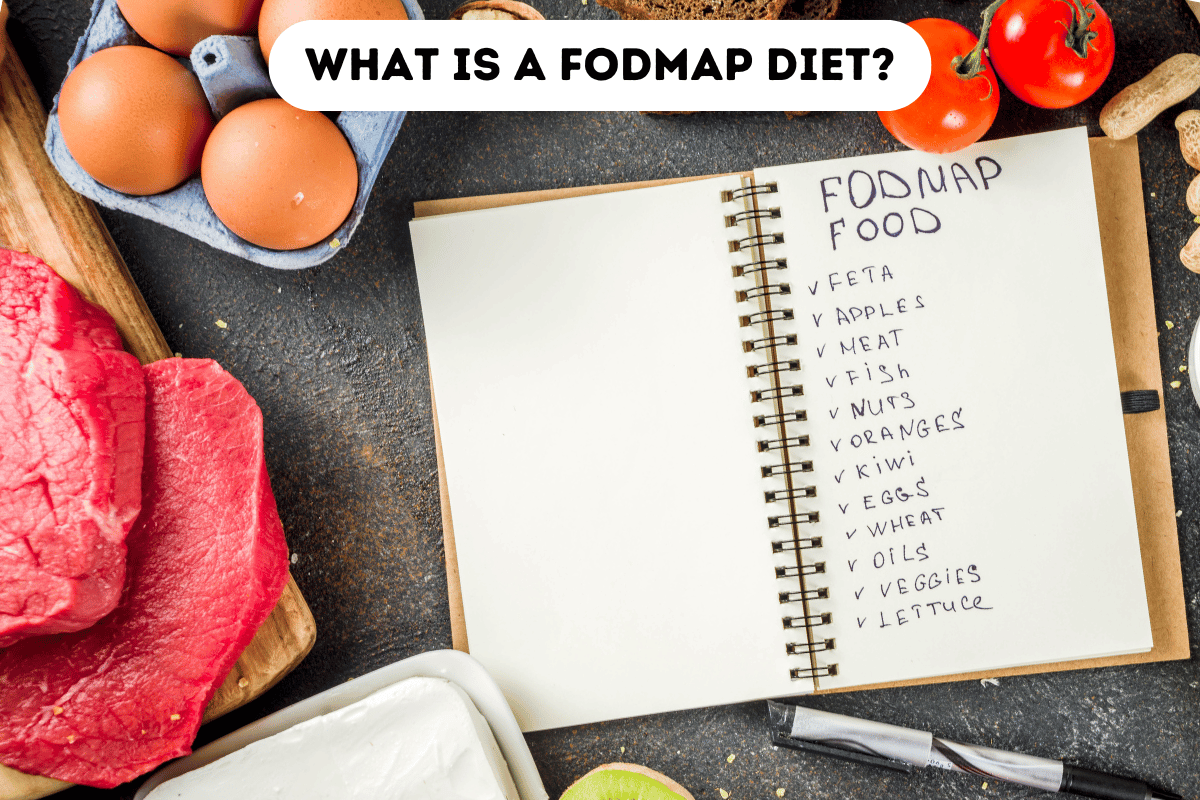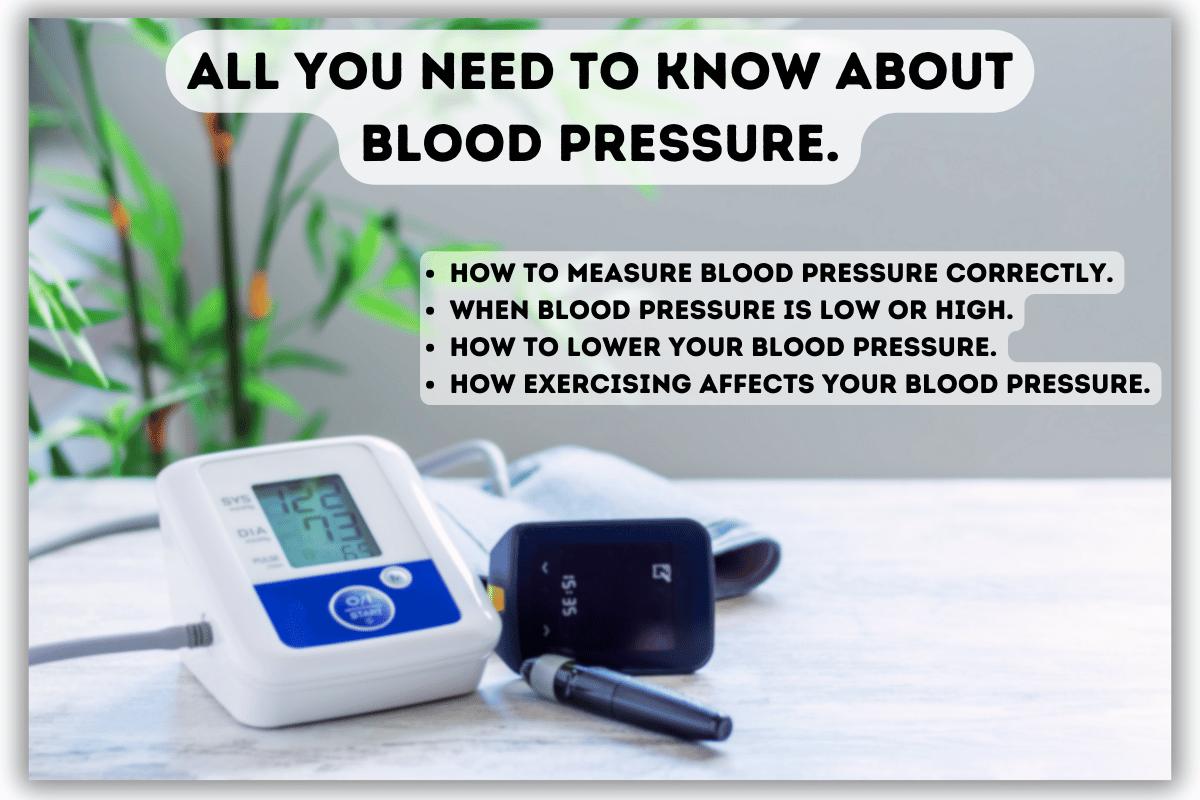Water in our body has many functions, such as temperature regulation and transportation of nutrients and waste throughout the body (as a component of blood). It is especially essential to drink enough water during exercise. Whenever you exercise, you lose fluid, not only through sweating but also through water vapour in the air that you breathe out. During high-intensity exercise in hot, humid conditions, your body's fluid losses can be very high, and if the fluid is not replaced quickly,…
Our body needs six essential nutrients: protein, fats, carbohydrates (including fibre), vitamins, minerals, and water. Water makes up between 50 and 75 per cent of our body weight. We can live for days or even weeks without food, but without water, we would not be able to last more than a day. Water in our bodies is like the oil for a car. Fuel, like food, provides energy, while water is like oil in the body, that helps everything to…
To reduce body fat, we need to have an energy intake that is less than our energy expenditure. In other words, we need to burn more calories than we consume. Physical activity includes exercise and general activities, which are the main factors that influence energy expenditure. Increased energy expenditure through physical activity combined with reduced calorie intake from food can help create the energy deficit required for weight loss. Also, physical activity has many other benefits, such as helping reduce…
When we speak about how food is essential for our health and performance, we think about calories, how much protein and carbs you need in your diet and whether you are getting enough micronutrients (vitamins and minerals). But we are not always thinking about our digestion. Optimizing digestion is very critical for our health and performance. Compromised digestion can cause gas, bloating, diarrhoea, and constipation, impairing the breakdown and absorption of nutrients. All these problems are not nice and will…
Blood pressure is a measure of the force that blood applies to the walls of the arteries when it flows through them. We are measuring blood pressure using two numerical readings, Systolic and Diastolic blood pressure. Systolic blood pressure is the pressure exerted on the artery walls during the contraction phase of the heartbeat. Diastolic blood pressure is the pressure exerted on the artery walls during the relaxation phase of the heartbeat. When we have normal blood pressure, our blood…





